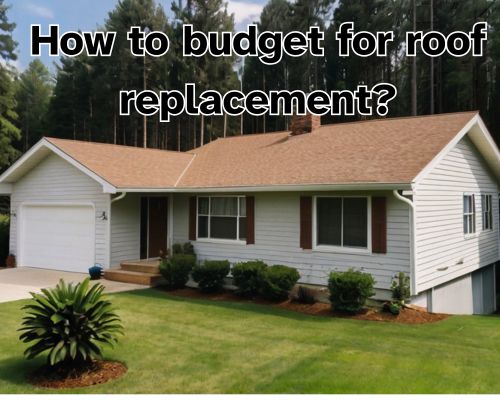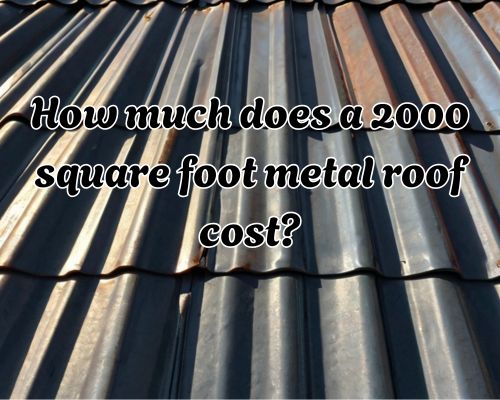Heating and Cooling Springfield: System Upgrades for Better Efficiency and Value
Heating and Cooling Springfield: System Upgrades for Better Efficiency and Value
Homeowners in Springfield face seasonal temperature extremes that demand efficient, reliable HVAC systems. As heating and cooling equipment ages, performance may decline, energy costs rise, and indoor comfort suffers. Upgrading your system with modern technology improves efficiency, adds value to your home, and enhances year-round comfort.
Why Consider HVAC System Upgrades
Older systems typically lose efficiency over time. An air conditioner or furnace more than 10–15 years old likely operates at reduced capacity, costing more to run and requiring frequent repairs. Newer systems are designed to meet higher efficiency standards and often include advanced features that support better performance and lower energy use.
Benefits of upgrading include:
- Lower utility bills
- Quieter operation
- Improved indoor air quality
- Better temperature control
- Increased home resale value
Investing in upgrades can pay off through savings and improved living conditions.
High-Efficiency HVAC Units
Energy-efficient HVAC systems offer significant improvements in performance compared to older models. Springfield residents often choose systems with high SEER (Seasonal Energy Efficiency Ratio) or AFUE (Annual Fuel Utilization Efficiency) ratings.
- SEER Ratings: The higher the SEER, the more efficiently the air conditioning unit cools. Modern systems typically range from 14 to 20 SEER or higher.
- AFUE Ratings: For furnaces, an AFUE rating of 90% or more means that 90 cents of every dollar spent on fuel goes toward actual heating.
Replacing outdated systems with high-efficiency units can reduce monthly utility costs and qualify for local or federal rebates.
Ductless Mini-Split Systems
For homes without ductwork or for room-specific control, ductless mini-split systems offer a flexible, efficient solution. They consist of an outdoor compressor and one or more indoor air handling units.
Advantages of ductless systems:
- Zoned climate control for different rooms
- No energy loss from ductwork leaks
- Quiet and compact design
- Efficient heating and cooling in one system
These systems are ideal for home additions, garages, or older properties where installing traditional ductwork would be difficult.
Smart Thermostat Integration
Smart thermostats allow homeowners to control heating and cooling systems remotely via smartphone or voice assistants. They offer scheduling, learning algorithms, and usage reports.
Key features:
- Remote access and control
- Automated temperature adjustments
- Energy-saving reports and insights
- Integration with smart home platforms
Installing a smart thermostat in your Springfield home makes it easier to manage comfort levels and reduce energy waste.
Air Quality Enhancements
Upgrades to air purification and ventilation systems help maintain a healthier indoor environment. Homes in Springfield, especially during allergy seasons or cold weather, benefit from improved air circulation and filtration.
Options include:
- HEPA air filters to capture fine particles
- Whole-home humidifiers for balanced moisture
- UV air purifiers to kill airborne pathogens
- Energy recovery ventilators (ERVs) for fresh air without loss of conditioned air
Better indoor air quality supports respiratory health and adds value to your HVAC system investment.
Zoning Systems for Comfort and Control
A zoning system divides your home into sections, each controlled by its own thermostat. Motorized dampers in the ductwork regulate airflow to different areas.
Benefits:
- Customized comfort in each zone
- Reduced energy use in unoccupied areas
- Extended system life by reducing load
- More efficient operation for multi-level homes
Zoning works best when installed alongside or as part of an HVAC system upgrade.
Insulation and Sealing Upgrades
While not directly part of the HVAC unit, improving insulation and sealing air leaks enhances the efficiency of your heating and cooling system.
Focus areas include:
- Attic and crawlspace insulation
- Sealing ducts, windows, and doors
- Weatherstripping around entrances
- Using thermal curtains or window films
By reducing drafts and preventing temperature loss, your HVAC system doesn’t have to work as hard to maintain comfort.
Working with Local HVAC Experts
Springfield HVAC professionals can perform a detailed assessment of your current system, review upgrade options, and explain cost-benefit analysis for each improvement. Whether replacing an old furnace, installing a mini-split, or upgrading to smart controls, certified technicians ensure each component is installed correctly and performs as expected.

